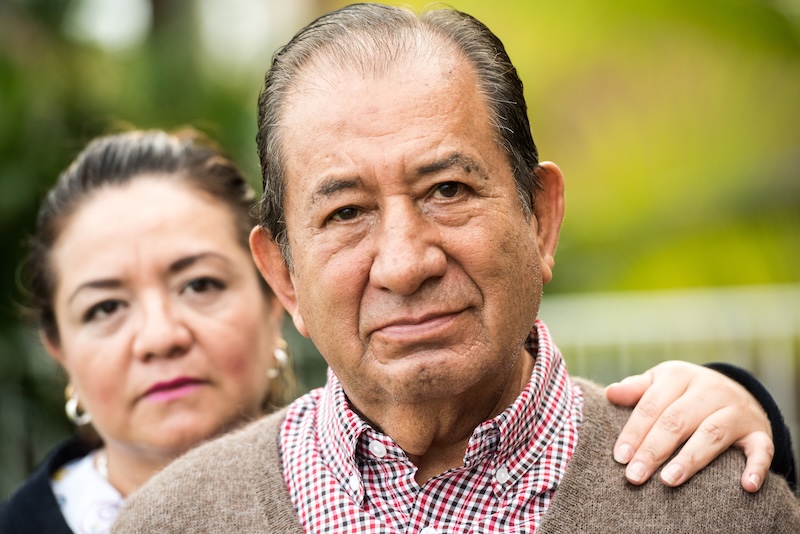Do You Need a Guardian for a Senior Parent?


Learn when it’s a good idea to designate a guardian for a senior parent.
In an ideal world, our family relationships would all be helpful and positive. We would manage transitional times cooperatively, smoothly, and without any disagreement. As our parents grew older, it would be a simple process to satisfy their current needs and their changing future needs.
The reality, however, is that being an adult child to aging parents is often tumultuous. It’s not always easy to discern when you should step in and help, and when to take a step back so as not to step on your parents’ toes. And, there may be occasions when your time and effort to help are met with opposition – even when you know that help is required for their protection and safety. You may be wondering if it’s wise to designate a guardian for a senior parent, or if any other precautions need to be in place.
An excellent first step is to make sure the older adult has designated both a medical power of attorney and power of attorney. The person or persons entrusted with these roles will have the authority to make financial and health-related decisions on the part of the senior if he or she were to become unable to do so.
Nevertheless, even if you are the designated power of attorney/medical power of attorney for an older parent, you might want to consider going a step further and petitioning for guardianship. This is worth investigating if:
- The older adult’s home or any other property needs to be sold
- Medical intervention is necessary
- Dementia or other cognitive function limitations are impacting the person’s decision-making ability
There is the possibility for limited guardianship, if the older adult is capable of maintaining control in some aspects of life, while other areas are compromised.
How to File for Guardianship
- First, schedule an appointment with the senior’s doctor, who will need to determine whether guardianship is needed and complete a form testifying to the older adult’s mental and physical functioning.
- You can then file for guardianship at a probate court. The court will run a criminal background check, assess your financial responsibilities, and explore whether there are any conflicts of interest.
- You are then legally obliged to inform both the older adult and family members (as specified within the estate code) of your intent to acquire guardianship.
- Finally, the court will designate a lawyer to represent the senior, and a determination will be made to determine what is in his/her best interest.
At Hired Hands Homecare, we are here to help ensure all of the needs of your aging parents are met. Reach out to us at (866) 940-4343 for more information on our senior care services in Novato, Pleasanton, Sonoma, and the surrounding areas.








Leave a Reply